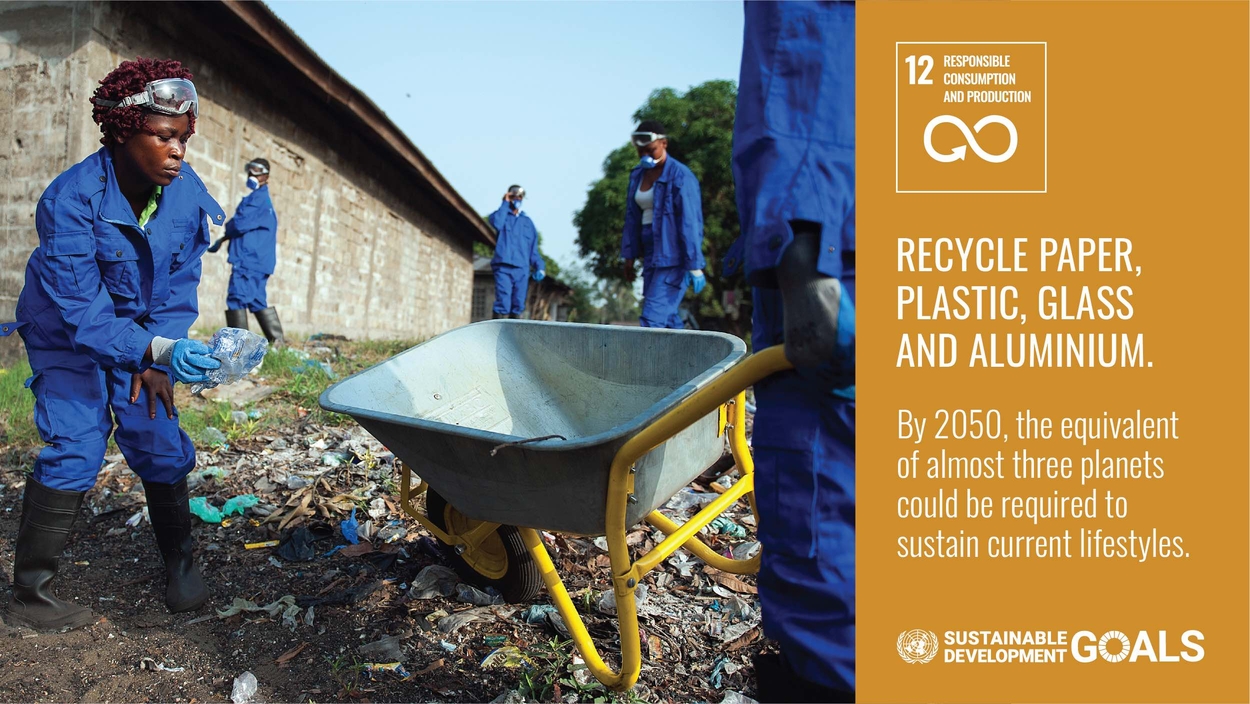
Responsible Consumption and Production can help achieve Sustainable Development
In 2015, the United Nations (UN) established the Sustainable Development Goals (SDG). Among the 17 goals were responsible production and consumption.
Sustainable Development and Responsible Production
Responsible production means producing goods and services with minimal environmental and social impacts. It also aims to achieve the sustainable development needs of present and future generations. It involves taking a comprehensive approach to a product’s lifecycle, in which producers need to be accountable and aware of such production needs. Yet, it is rare to see such responsible producers in Malaysia.
For example, a big pack for only 200 g of potato chips is a marketing gimmick. This packaging may attract customers, but it needs to change to save resources. The packaging needs to fit the grammage of the product. This can reduce single-use trash and ought to apply to producers worldwide.
Sustainable Development and Responsible Consumption
Meanwhile, responsible consumption is the responsibility of consumers. It involves the purchasing, using, disposing of, and recycling of consumer products. Consumers need to make informed choices and be mindful of consumption patterns.
Companies can support this by developing and implementing policies that address environmental issues. These include climate change, sustainable resource use, waste management, and deforestation. These policies should guide decision-making and ensure that consumption processes are responsible. It also needs to advocate for accountability for its actions.
For example, ban single-use plastics and encourage the use of recycled bags. Companies can also provide shape-specific recycling bins. Instead of buying new consumer goods, consider reusing or repairing them. Another initiative is using the Green Window delivery system. This system encourages the use of delivery trucks already in your area. it also ensures lower fuel emissions.
Environmental, Social, and Governance (ESG) Framework
Achieving SDG No. 12 requires the cooperation and support of all stakeholders. This only happens if we adopt and practise responsible consumption and production principles. It is also connected to the Environmental, Social, and Governance (ESG) framework. ESG evaluates a company’s environmental, social, and governance performance.
In the ESG framework, the environmental factors include a company’s environmental impact. It also includes responsible production that minimises adverse environmental effects. The social factors cover social impacts such as labour practices and human rights. Finally, the governance factor encompasses the company’s corporate governance practices.
A company that enforces and practises responsible production can improve its ESG rating. Responsible consumption and production help establish a system that helps achieve sustainable development for society, It is important when evaluating the environmental, social, and governance aspects of a company. These practices contribute to a company’s sustainability while mitigating climate change.
The opinions expressed in this article are the author’s own and do not reflect the view of Swinburne University of Technology Sarawak Campus. Dr Komathi Wasudawan, Dr Ee Yaw Seng and Irving SH Ting are with the Faculty of Business, Design and Arts. They are contactable at KWasudawan@swinburne.edu.my, yee@swinburne.edu.my and ithui@swinburne.edu.my

